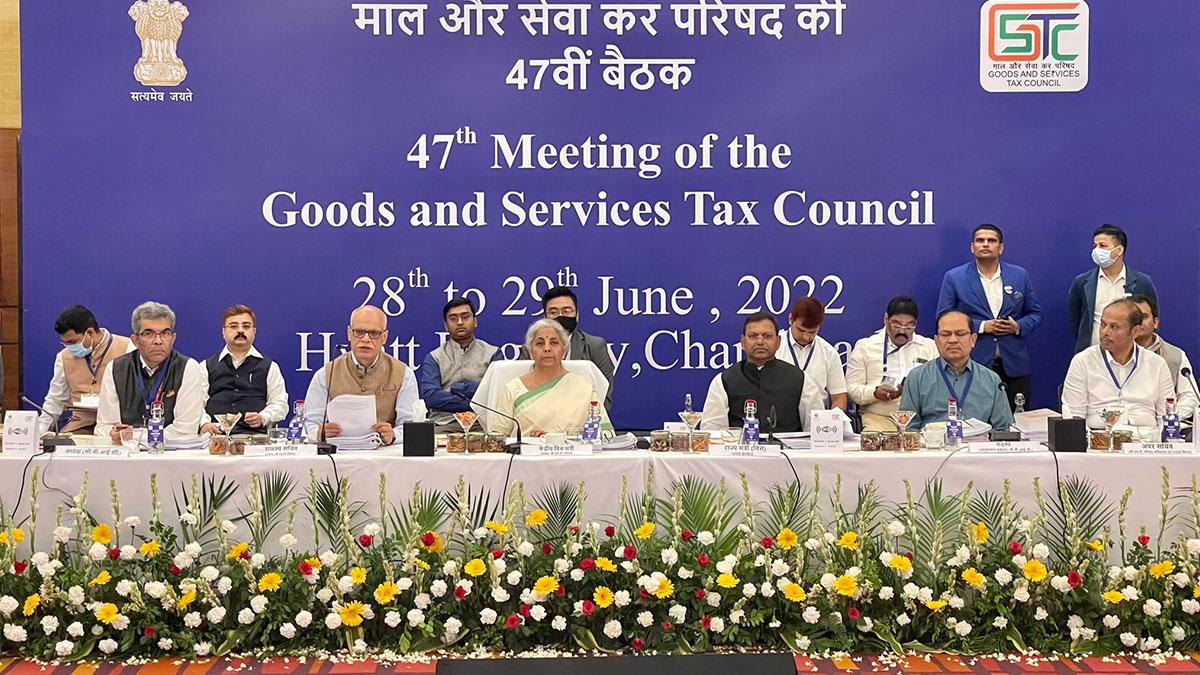If recent reports about the upcoming 53rd Annual GST Council session are to be believed, a new mandatory rule concerning GST registration for first-time businesses may be implemented soon. According to reports, GST registration may not require physical documents, but rather an Aadhaar biometric authenticator instead.
This potential change could be a game-changer for emerging businesses, as the new system would streamline the registration process, eliminating the need for physical documents and instead utilizing biometric readings, from fingerprints to facial scanning and more. This could potentially save businesses time and effort, allowing them to focus more on their operations.
If the GST Council approves the process in the next session, this new rule will become mandatory moving forward. The program has already demonstrated significant success in states such as Gujarat, Puducherry, and even Andhra Pradesh.
These states were able to submit their own proposals based on the use of Aadhaar, a unique 12-digit number that is brought to life using biometric readings from a person’s ten fingerprints, two irises, a photo ID and the specific demographics by which they identify. This success story should inspire confidence in the potential of the new system.
Up to this point, most businesses know that registering their businesses usually involves a mountain of paperwork. This includes their Company Incorporation Certificate or CIN No., their PAN card, LLP Deed or even lease agreements, and proof of the company’s authorized signatory. However, suppose the council approves this process. In that case, this paperwork may be a thing of the past, with the law allowing the use of the Aadhaar biometric authenticator instead.
However, businesses should expect some exceptions to this rule moving forward. For instance, companies that do not opt for this must continue using the physical paperwork to verify their businesses. Businesses can also opt for the online submission process, which involves getting a link to a form to fill out and then submitting that to the GST portal.
An ARN number, or Application Reference Number, is issued upon being verified, and an acknowledgment is the authorized signatory utilizing a GST REG form 2. The application is also then forwarded to a GST officer. If all of these steps can be verified, then a GST registration certificate and a GSTIN, or GST Identification Number, are issued within a 7-day week.
There are pros and cons for this type of development. One of the most time-consuming and frustrating elements of registering a person’s business is gathering all the necessary paperwork to register their business. Yet having this Aadhaar biometric number will be an even more significant advancement, allowing enterprises to skip several steps and use their biometrics to complete tasks online in a more streamlined way. However, as with any technology, the fears of privacy and how a person’s personal information is sold to the larger government are considerations that people will have to consider.
However, other states’ success stories prove this system could be a game changer. Either way, the advancement of technology will change how people operate their businesses going forward.




